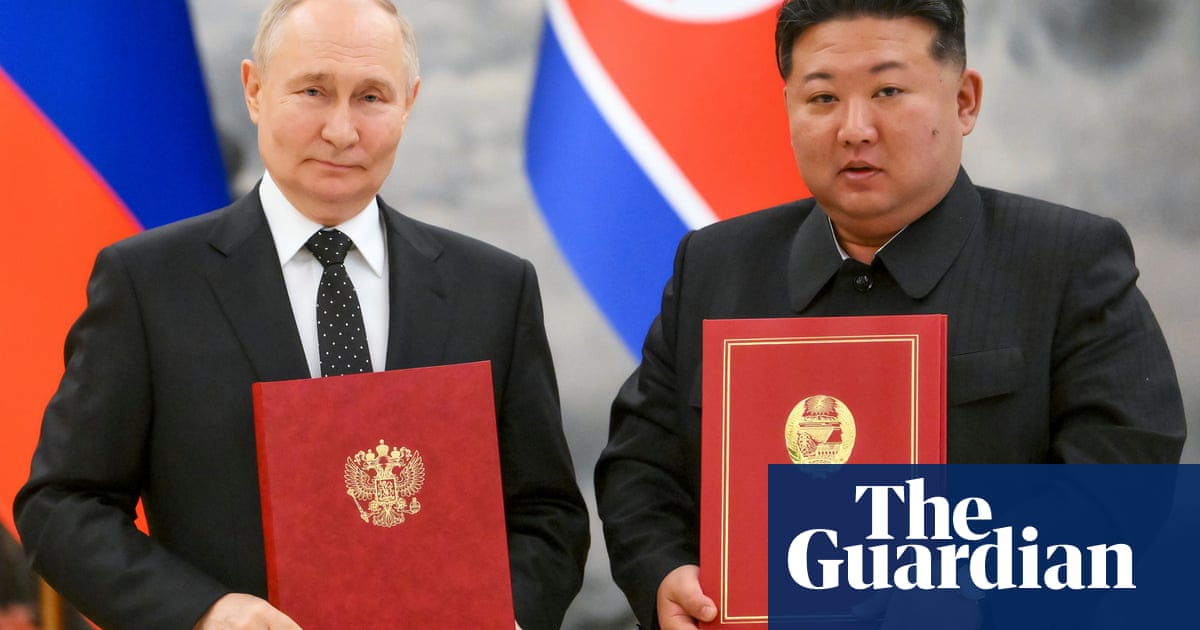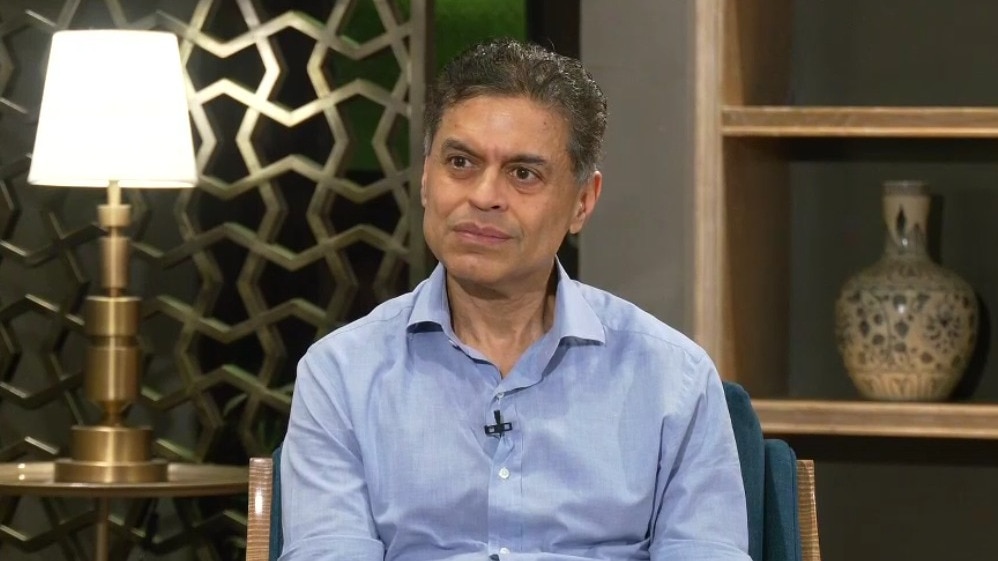The India-Canada diplomatic standoff saw a major escalation on Monday when New Delhi downgraded its ties with Ottawa after the Justin Trudeau government described the Indian High Commissioner and other diplomats as 'persons of interest' in an investigation into the killing of Khalistani terrorist Hardeep Singh Nijjar.
India has long chastised Canada for its inaction to clamp down on Sikh separatism and terrorism emanating from its soil. On Canada's charge against Indian envoy Sanjay Verma, New Delhi called Ottawa's move "preposterous". It also said it was all being done to suit the Trudeau government's political agenda of "smearing" India as part of its vote bank politics.
India said it now reserved the right to take further steps in response. And hours later, it recalled its High Commissioner from Ottawa and expelled six diplomats. It also summoned the Canadian Charge d'Affaires, who was told that "current atmosphere of extremism and violence" poses a serious threat to the safety of Indian diplomats in Canada and hence, it had downgraded ties with the North American country.
The diplomatic row began in September 2023 when Trudeau claimed that Canadian security agencies had credible allegations linking Indian government agents to Nijjar's killing, setting off a storm of reprobation in India, which called the claims "absurd and motivated".
New Delhi had long called Nijjar a terrorist, linking him to various violent activities, including a 2007 movie theatre bombing in Punjab and the 2009 murder of Sikh politician Rulda Singh. Despite these concerns, Canada refused to take meaningful action against him, instead giving him a slap on the wrist with a one-year flying ban. It also failed to curtail other pro-Khalistan elements, who have continued to spew venom against India by organising so-called Khalistan referendums.
DIPLOMATIC WRANGLE
Canada's failure to extradite Nijjar and other Sikh extremists, despite multiple requests from India, has contributed to the perception that it is a safe haven for such individuals.
The bilateral extradition agreement between Canada and India, which allows for the refusal of extradition if the offence is deemed political, has been a point of contention. India sees this as a loophole that allows Canada to avoid taking action against Sikh separatists, and that too, in the garb of freedom.
In July last year, a pro-Khalistan poster emerged in Canada which had pictures and names of High Commissioner Sanjay Verma and Consul General of India to Toronto, Apoorva Srivastava, claiming that India was responsible for Nijjar's killing, and branding the diplomats as 'killers in Toronto'. External Affairs Minister Jaishankar had warned Canada that ties would be hit if space was given to Khalistani elements.
Much to India's dismay, the Canadian Parliament last year observed a minute of silence to commemorate the one-year anniversary of Nijjar's killing. The Indian Consulate General in Vancouver responded by announcing a memorial service to pay tribute to the 329 victims of the 1985 bombing of Air India flight 182 Kanishka carried out by Khalistani terrorists.
Talwinder Singh Parmar, the founder of Babbar Khalsa and mastermind behind the Air India bombing, had his extradition request denied by Canada in the 1980s.
Just recently, posters depicting the assassination of former Prime Minister Indira Gandhi were reportedly put up by Khalistan supporters in Vancouver, a move that angered India. Although Trudeau's minister Dominic A LeBlanc condemned the incident and said promotion of violence was never acceptable, it did little to assuage India's concerns.
THE GANG CONNECTION
On Monday, the Canadian Police attempted to put India on the mat when it claimed that Indian agents present on Canadian soil are working with the Lawrence Bishnoi gang to target pro-Khalistan elements.
Incidentally, the allegations come at a time when Lawrence Bishnoi is making headlines in India for his alleged involvement in the murder of NCP leader Baba Siddique.
The Bishnoi gang link is not surprising given the fact that Punjabi singer AP Dhillon had a close shave on September 1 when gunshots were fired outside his home in Vancouver. The Bishnoi gang and Rohit Godara gang claimed responsibility for the shootings and warned him to "stay within his limits, or he will meet a 'dog's death'".
Interestingly, the firing outside AP Dhillon's home happened days after he appeared in a music video titled 'Old Money' with actor Salman Khan. The actor is on the radar of the Bishnoi gang after his name cropped up in a 1998 case related to poaching of blackbuck, an animal which the Bishnoi community revers.
Ties between Sikh gangs and Khalistan movements in Canada have further complicated an already knotty issue. Figures like Sidhu Moose Wala, a Punjabi rapper who was shot dead in India, and Sukha Duneke, a gangster and pro-Khalistan supporter killed in Winnipeg, have highlighted the blurred lines between organised crime and separatist activities.
INDIANS IN CANADA CAUGHT IN CROSSFIRE
The support of some Sikh gang members by the Sikhs for Justice led by another wanted Khalistani terrorist, Gurpatwant Singh Pannun, has further obfuscated these distinctions. Pannun appears in numerous videos often ranting about India with its so-called Khalistan referendums and had also threatened the Indo-Canadian community to leave Canada soon.
The Indo-Canadian community is particularly worried about the current situation in Canada over the fanning of Khalistani sentiments by Sikh separatists, a sentiment voiced by an Indian-origin MP Chandra Arya. Their fears were justified following the recent release of Arundeep Thind, 39, an Indian-origin gangster who was arrested for making extortion calls to South Asian businesses.
Not only that, Khalistani elements are also taking advantage of the helplessness faced by Indian students studying in Canada as the Trudeau government is cutting down on the number of foreign students and workers due to a housing crisis and other pressing economic issues.
As new immigration policies take effect, students are finding it increasingly challenging to secure work opportunities or permanent residency, forcing some to engage in unlawful activities out of desperation. This dynamic is being exploited by the Khalistani elements.
TRUDEAU IN CATCH-22
No wonder India blasted Canada for harbouring Sikh separatists, terrorists and gangsters in the North American country, calling it a safe haven for such elements. Former MEA spokesperson Arindam Bagchi said Ottawa needed to "worry about its international reputation" amid its claims about Nijjar's killing.
"If you’re talking about reputational issues and reputational damage, if there’s any country that needs to look at this, I think it’s Canada and its growing reputation as a place, as a safe haven for terrorists, for extremists, and for organised crime," he said.
With the Canadian federal election set to be held next year, Trudeau is attempting to woo Sikh voters, an influential vote bank, with his actions against India and harbouring Khalistani elements to score brownie points. But, in the process, his Liberal government lost the support of the New Democratic Party led by Jagmeet Singh, a known Khalistani sympathiser, saying Trudeau's promises were unfulfilled.
Under the pretext of providing freedom and platform to Khalistani elements, Trudeau lost his government ally, a key partner in the form of the world's largest democracy, and is staring down the barrel over a possible defeat in next year's election.
Published By:
Prateek Chakraborty
Published On:
Oct 15, 2024

 1 month ago
1 month ago


















